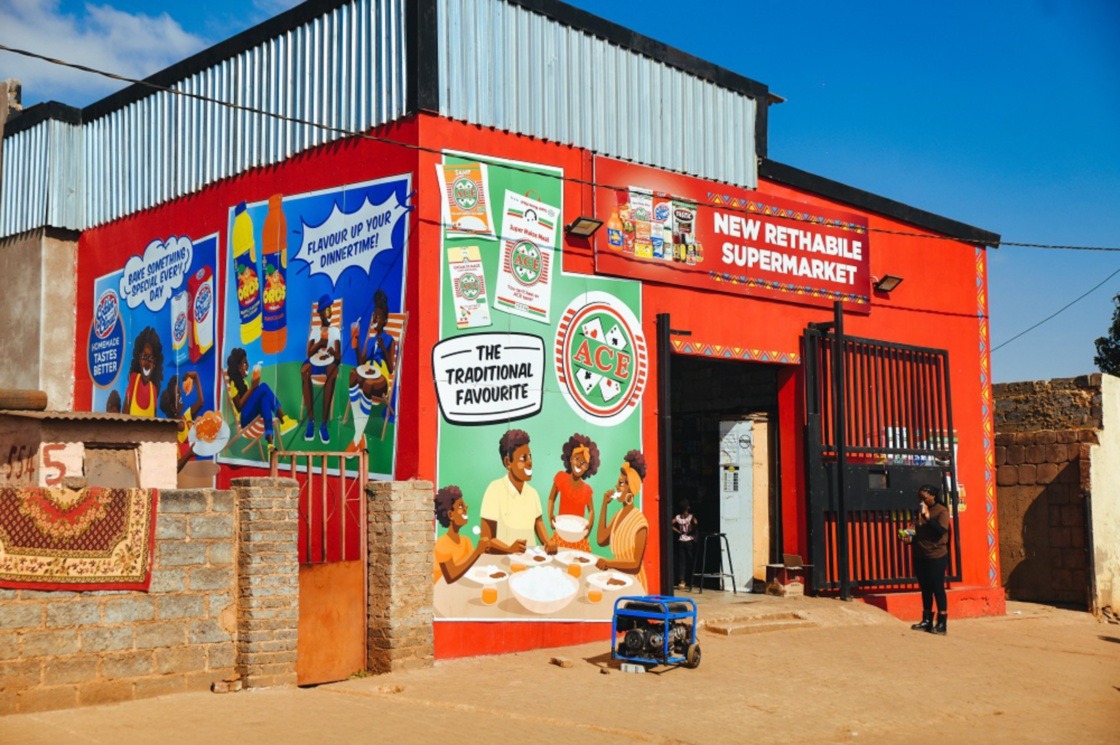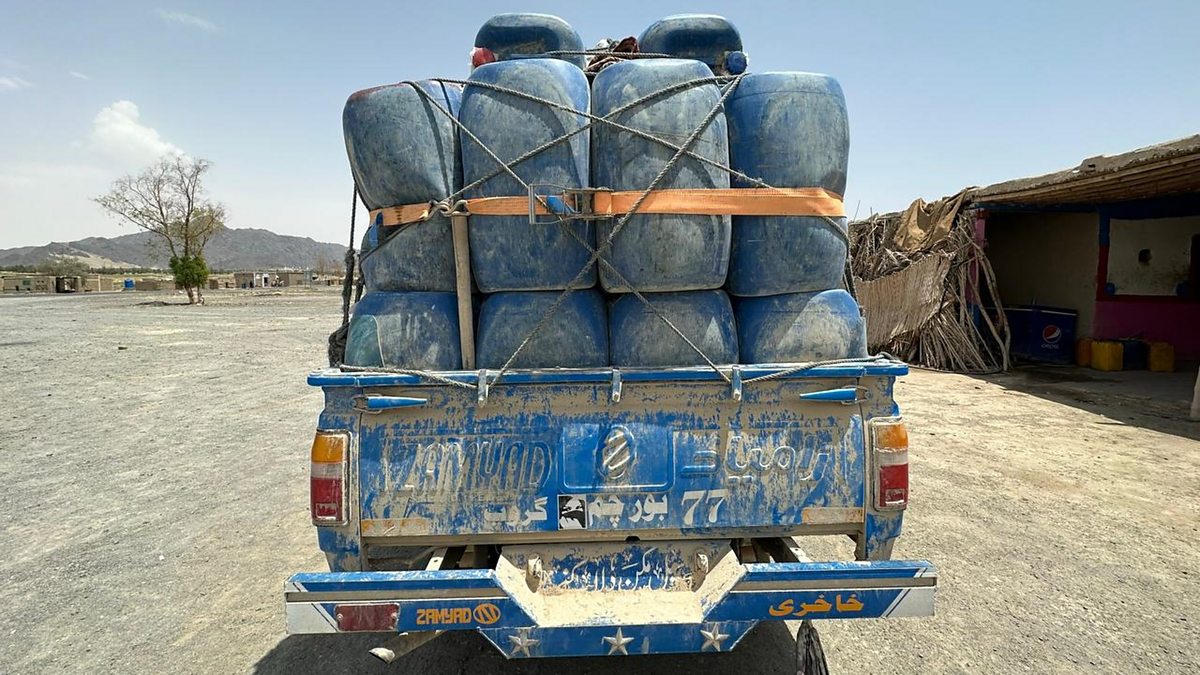
Introduction
Spaza shops are a vital part of South Africa’s informal economy, especially in townships and rural areas. These small, community-driven outlets offer affordable access to everyday goods, but without proper regulation and inspections, they also pose significant health risks. Spaza safety is often overlooked, leading to contamination risks and foodborne diseases. Unfortunately, a critical shortage of environmental health practitioners has made it increasingly difficult to ensure that these shops are operating under proper food safety standards. This article discusses the importance of spaza safety and outlines essential steps that can be taken to safeguard public health.
What is Spaza Safety?
Spaza safety refers to the practices and regulations put in place to ensure the health and hygiene standards of informal shops. These shops are not always subjected to the same strict oversight as formal retail outlets, which can result in dangerous levels of contamination. Environmental health practitioners, responsible for food safety inspections, ensure that food is stored, handled, and prepared in sanitary conditions. However, the ongoing shortage of these professionals in South Africa means that many spaza shops go unchecked, risking the health of consumers.
The Importance of Food Safety in Spaza Shops
Food safety is crucial in all retail outlets, but it is especially important in spaza shops due to their informal nature. These shops typically store and sell perishable goods like dairy, meats, and fresh produce, which are more vulnerable to contamination. Spaza safety practices help prevent foodborne illnesses like E. coli, salmonella, and listeria, which can lead to severe health issues or even death. Proper food safety checks, including cleanliness of storage areas, hygiene of food handlers, and temperature controls, are essential to protect public health.
The Impact of Health Worker Shortages on Spaza Safety
The shortage of environmental health practitioners is a growing concern for spaza safety in South Africa. With fewer health inspectors available to conduct regular inspections, many spaza shops operate without proper oversight. This leads to increased risks of food contamination, unsanitary conditions, and the spread of foodborne illnesses. Experts argue that recruiting and training more environmental health practitioners is critical to ensuring that these shops meet the required safety standards.
7 Essential Steps to Improve Spaza Safety
The foundation of spaza safety is regular health inspections. These inspections are necessary to ensure that food handling and storage practices meet safety standards. Health inspectors check for cleanliness, temperature control, pest management, and food labeling. With the ongoing shortage of health workers, it’s crucial that more personnel are recruited to conduct these inspections consistently.
Proper Food Storage
Improper food storage is one of the most common issues found in spaza shops. Without the proper storage facilities, perishable items like meat and dairy can spoil quickly, leading to contamination. Spaza shops should ensure that their refrigeration units are functioning correctly and that food is stored at the appropriate temperatures to prevent the growth of harmful bacteria.
Hygiene and Sanitation Training
One of the simplest and most effective ways to improve spaza safety is by ensuring that workers are trained in proper hygiene and sanitation practices. This includes regular handwashing, using gloves when handling food, cleaning surfaces, and ensuring that cooking and storage equipment is sanitized regularly. Implementing these practices can significantly reduce contamination risks in informal shops.
Pest Control Measures
Pest control is another vital aspect of spaza safety. Informal shops are often more susceptible to pest infestations due to their limited resources and lack of proper infrastructure. Spaza owners should take steps to prevent pests by sealing cracks, keeping food in sealed containers, and scheduling regular pest control visits. This is essential to prevent contamination from rodents, insects, and other pests.
Food Handling Procedures
Ensuring safe food handling is critical for spaza safety. Workers should be trained in proper food handling techniques, including avoiding cross-contamination between raw and cooked foods, maintaining proper hygiene, and using the correct utensils. By adhering to these standards, spaza shops can minimize the risks of foodborne illness outbreaks.
Educating Consumers About Food Safety
Spaza shops often serve as community hubs, so educating consumers about food safety is crucial. Informing customers about best practices for handling food, checking expiry dates, and recognizing signs of spoilage can empower them to make safer choices. Spaza shops should take on the responsibility of educating their patrons about how to safely consume the products they sell.
Collaboration with Local Authorities
Collaboration between spaza shop owners and local authorities is essential to improving spaza safety. Local health departments should be involved in the training of spaza shop owners and workers, providing them with the resources and support they need to maintain safe practices. Government intervention is necessary to address the shortage of health workers and provide more support to the informal retail sector.
FAQs About Spaza Safety
What are the most common health risks in spaza shops?
The most common health risks in spaza shops include foodborne illnesses caused by poor hygiene, improper food storage, and pest infestations.
How can spaza shop owners improve food safety?
Spaza shop owners can improve food safety by implementing regular health inspections, ensuring proper food storage, and training workers on hygiene practices.
Why is there a shortage of environmental health practitioners in South Africa?
The shortage of environmental health practitioners in South Africa is due to various factors, including budget constraints, high workload, and insufficient recruitment efforts.
Conclusion
Spaza safety is crucial for public health, but the shortage of health workers poses a significant threat to the effectiveness of food safety regulations in informal shops. To mitigate the risks of foodborne illness and contamination, it is essential to improve spaza shop regulations, recruit more environmental health practitioners, and implement better food safety practices. By focusing on these areas, we can ensure that spaza shops continue to provide safe and affordable goods to communities while protecting consumers from health risks.


